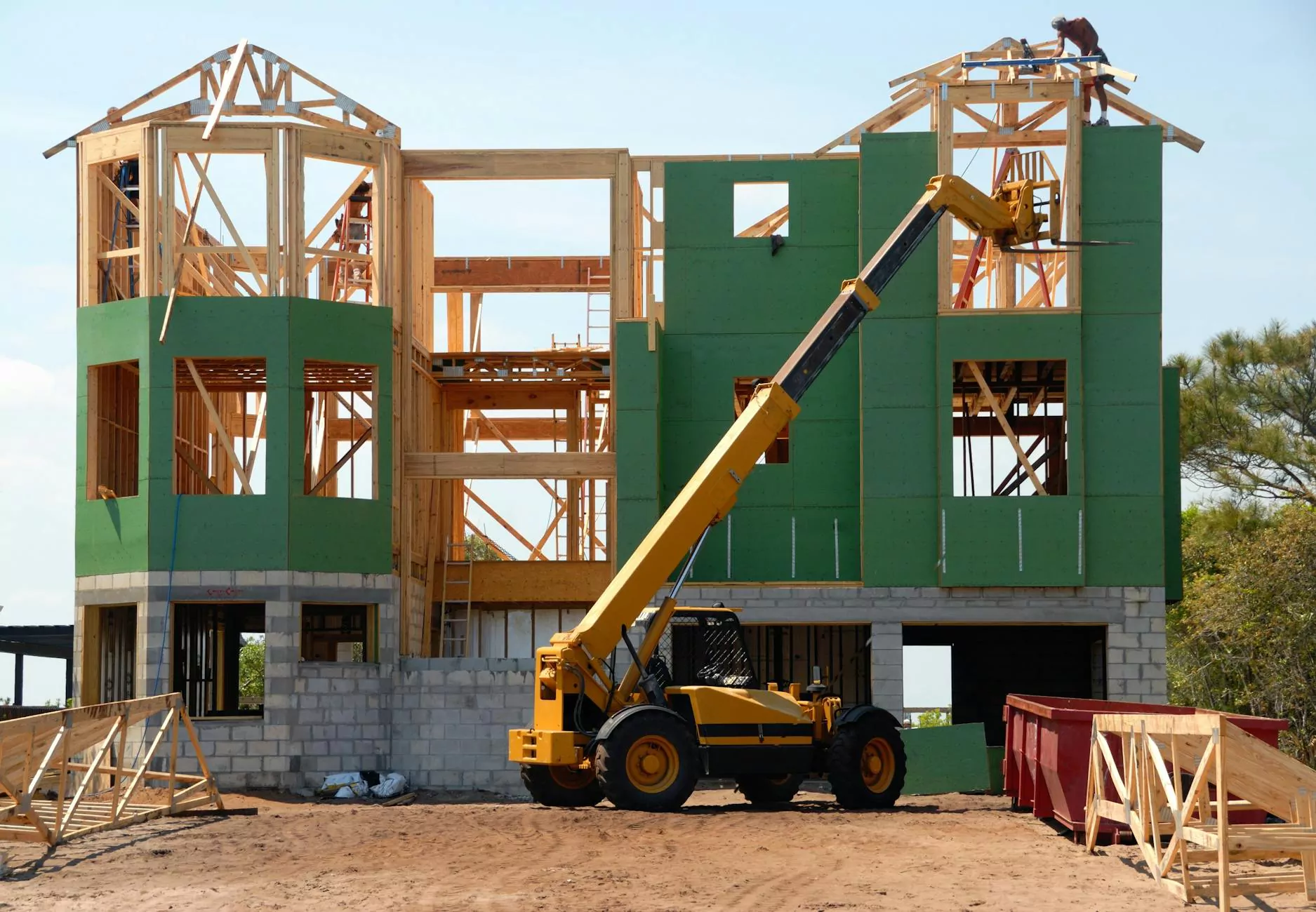How Can You Protect Your Property From A Construction Lien

Understanding the Importance of Protecting Your Property
When engaging in construction projects, whether as a homeowner, developer, or property owner, it is crucial to understand how to protect your property from potential construction liens. A construction lien can pose significant risks to your investments and may result in financial losses or legal complications. This comprehensive guide will outline important steps and strategies to help you safeguard your property and navigate the complexities of the construction industry.
What is a Construction Lien?
A construction lien, also known as a mechanic's lien or a materialman's lien, is a legal claim filed by contractors, subcontractors, suppliers, or vendors against a property as a result of unpaid services, labor, or materials provided for a construction project. This lien allows the claimant to seek payment by enforcing a foreclosure sale of the property.
Identifying Potential Risks
Before embarking on any construction project, it is essential to identify and assess potential risks that could lead to construction liens. These risks could include:
- Inadequate due diligence in selecting contractors and subcontractors
- Unclear or poorly written contracts
- Failure to properly manage project finances
- Non-payment disputes
- Project delays or disruptions
Protective Measures to Mitigate Construction Lien Risks
1. Conduct Thorough Due Diligence
Prior to hiring contractors and subcontractors, it is essential to conduct thorough due diligence to ensure their reliability, credibility, and financial stability. Research their reputation, check references, and verify licensing and insurance coverage. Working with reputable and experienced professionals reduces the risk of potential liens.
2. Create Clear and Comprehensive Contracts
Contracts should clearly outline project scope, expectations, payment terms, timelines, and dispute resolution processes. Engage with legal professionals to ensure contracts are legally enforceable and protect your interests. Include provisions for prompt payment, specific lien waivers, and indemnification clauses to minimize risks.
3. Manage Project Finances Effectively
Establish a robust financial management system to ensure accurate tracking and payment of invoices, change orders, and progress payments. Implement stringent controls to prevent any misallocation or mishandling of funds. Regularly reconcile financial statements and keep detailed records throughout the construction process.
4. Monitor Progress and Address Issues Promptly
Stay actively involved in the construction project by monitoring progress, addressing any issues or disputes promptly, and maintaining open lines of communication with all parties involved. Timely resolution of conflicts minimizes the risk of potential liens and maintains a healthy working relationship.
5. Obtain Lien Waivers
Require contractors, subcontractors, and suppliers to provide lien waivers upon receipt of payment. A lien waiver is a document that relinquishes the contractor's right to file a lien against your property. Verify the validity of lien waivers and ensure they cover all work, labor, and materials provided.
6. Utilize Construction Bonds
Consider utilizing construction bonds to further protect your property and mitigate the risk of construction liens. Performance bonds, payment bonds, and bid bonds provide financial guarantees that contractors will fulfill their contractual obligations and ensure proper payment to subcontractors and suppliers.
7. Seek Legal Counsel
If you encounter any legal issues or disputes regarding construction liens, it is advisable to seek professional legal counsel specializing in construction law. They can provide expert guidance, protect your rights, and help you navigate the legal procedures effectively.
Conclusion
Protecting your property from construction liens requires proactive measures, diligent planning, and effective management throughout the construction project. By conducting thorough due diligence, creating clear contracts, managing finances, and seeking professional guidance when needed, you can safeguard your investments and mitigate the risks associated with construction liens. Trust Baytowne Reporting for expert reporting and advice in the legal landscape of construction projects. Our experienced team will ensure you have the necessary tools to protect your property and successfully navigate the construction industry.




